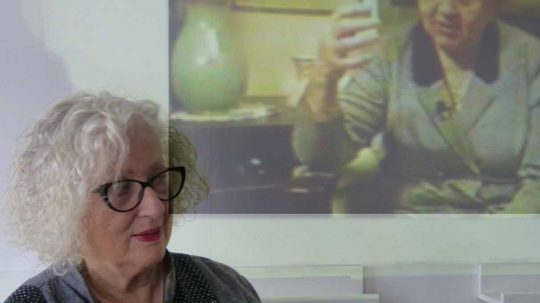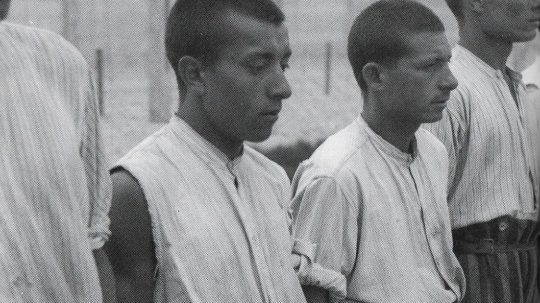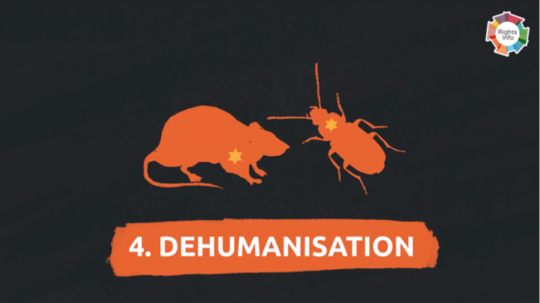“Holocaust Memorial Day is an opportunity for communities, as well as the population as a whole, not only to commemorate genocides but also to learn about them,” said David Russell, UK Coordinator for Survivors Fund, a charity helping to rebuild the lives of survivors of the Genocide against the Tutsi in Rwanda. “Ensuring that the history is preserved and the memory is extended for future generations.”
Founded in 1995 by Mary Kayitesi Blewitt OBE, a British citizen of Rwandan origin, Survivors Fund (SURF) focuses its efforts on supporting survivors of the Genocide against the Tutsi in Rwanda. Blewitt lost over 50 members of her family in the genocide and helped found the first survivors’ organisations in Rwanda while working for the Rwandan Ministry of Rehabilitation from July 1994.
The Genocide against the Tutsi in Rwanda took place between 7 April and 15 July 1994 during the Rwandan Civil War. Members of the Tutsi minority ethnic group, as well as some moderate Hutu and Twa, were killed by armed militias. In a period of around 100 days, an estimated 500,000 to 1 million Tutsi people were slaughtered and an estimated 150,000 to 250,000 women were raped. The total death toll is estimated to be as high as 1.1 million.





